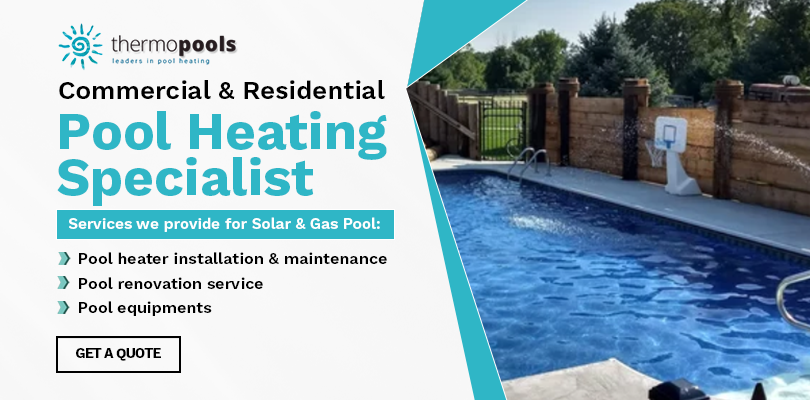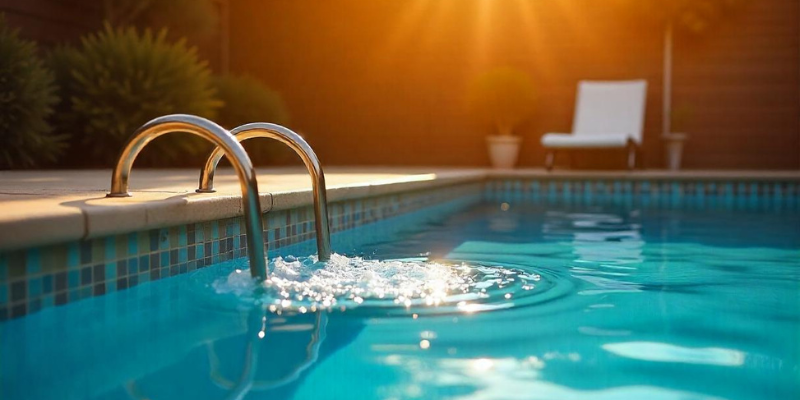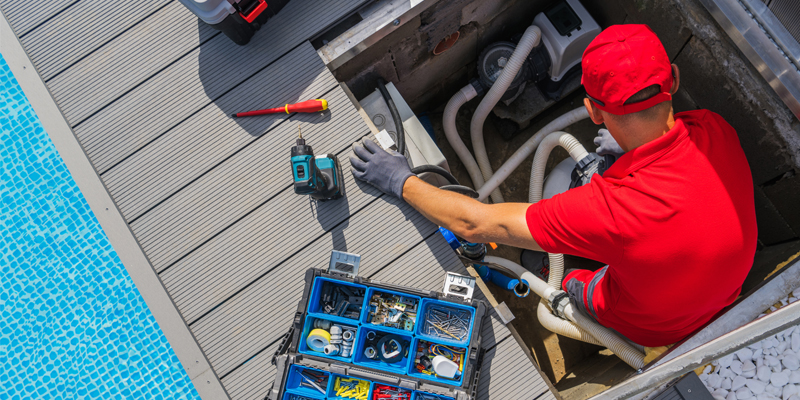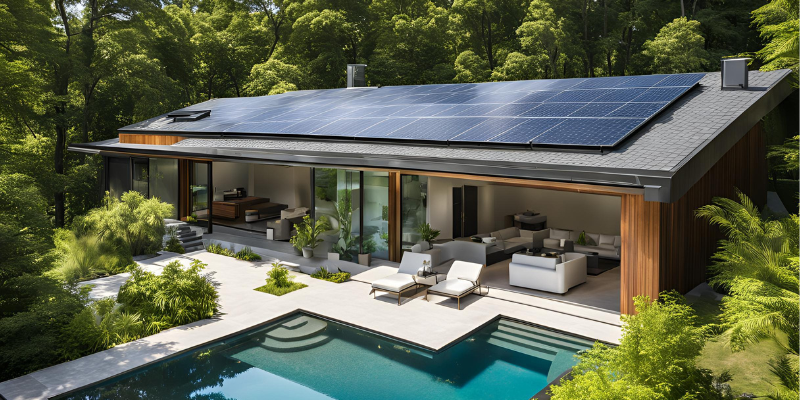So, Does your pool need to be registered?
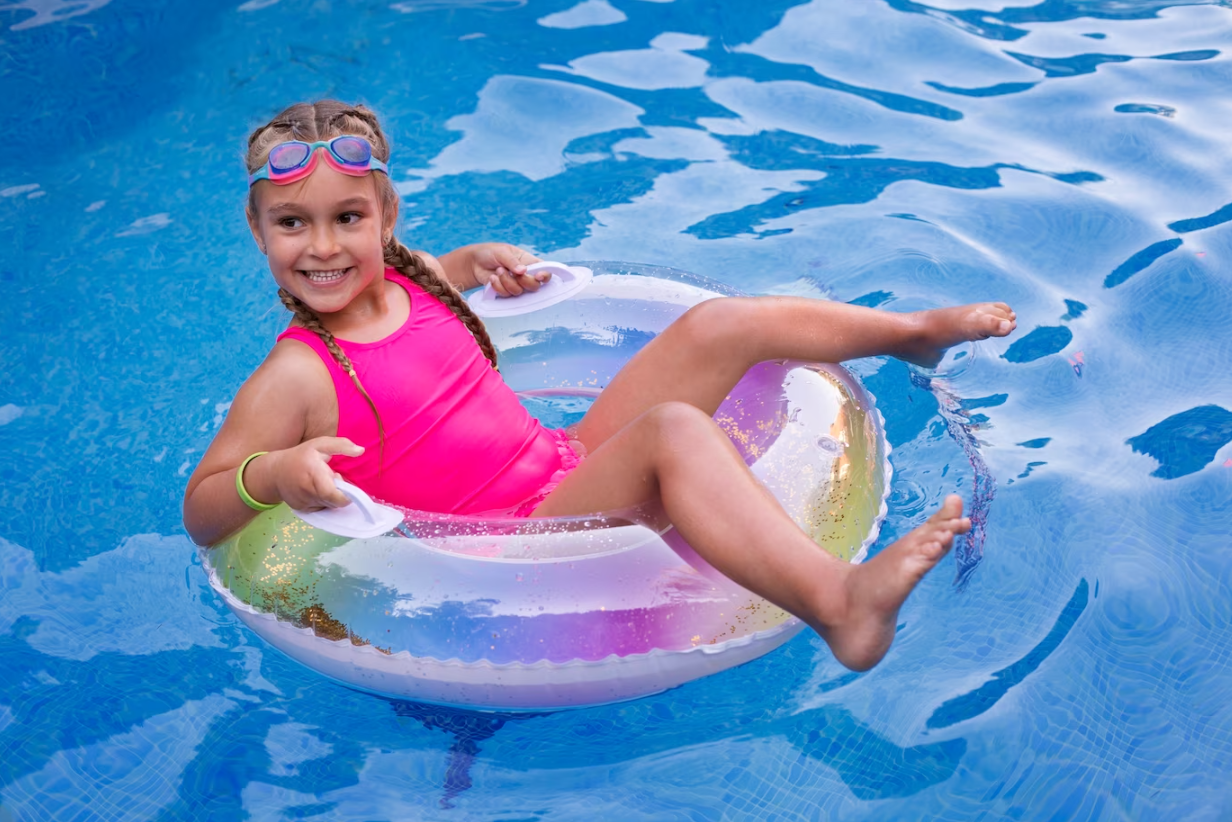
As a pool owner in Australia, you have already asked yourself the question once. Swimming pools and pool heating equipment are a favorite choice of many Australians. The most common question that concerns almost all pool owners in Australia is ‘Does my pool need to be registered?’
Why is this question being raised now? And what is the answer to it? Though the answer depends solely on the state you reside in, people in every state are getting increasingly concerned as the list of states where pools need to be registered is increasing. More and more people are getting aware of such regulations before getting a pool constructed in their residence or purchasing pool heating equipment.
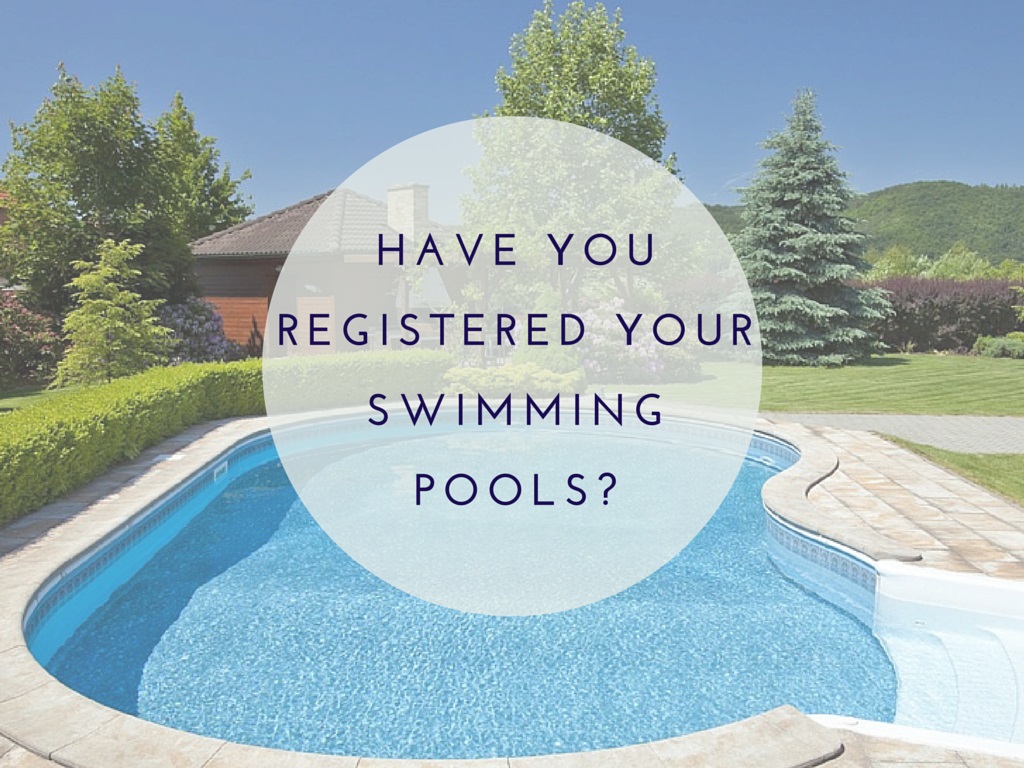
As of now, the 3 states where pools need to be registered are:
-
The pool registration system was introduced in Queensland in 2011. All pool owners were to register their pools by November 4th, 2011.
-
Since 2011 Western Australia has also required pool registration where the pools must be registered with local authorities.
-
Since 29th November 2011, New South Wales homeowners had to register their pools.
One might have to face substantial fines if they fail to register their swimming pool.
Though other states do not require swimming pool registrations, very strict laws are coming in place as far as pool barriers are concerned. For example, it is technically illegal if one does not place a barrier around the pool in his residence that holds water deeper than 300mm even if it is an inflatable plastic pool for toddlers.
If a pool owner experiences an accident in their backyard pool, he or she might have to face serious consequences.
Pool Registration and Certification of Safety
Enforcing pool registration laws helps the local and state governments to keep a tab on the number of pools in that region. It also helps them enforce pool safety regulations easily which are mainly created to protect small children and prevent them from gaining unsupervised access to a pool.
Pool barrier inspectors check for fences, doors, windows, gates and other types of barriers. Fences need to be high enough that children cannot climb over them while gates must be self-latching and self-closing. A child must not be able to gain access to the pool in any manner unattended. Spa covers must be child-proof.
Fully trained pool inspectors who are well aware of the local and state law and regulations are registered and licensed by local authorities. They inspect pools and issue pool safety compliance certificates to those pools which pass the inspection. If the pool needs correction, they advise pool owners about it.
The pool can be registered by local authorities but a pool inspector alone can issue the safety certificate. It is best to compare quotes from different safety inspectors and choose the best as this will help save money.
If you want to enquire about an inverter heat pump & solar pool heating system, call us at Thermo Pools at 02 8850 4030 & Check our Google Reviews, and one of our expert and friendly teams will be happy to serve you!





